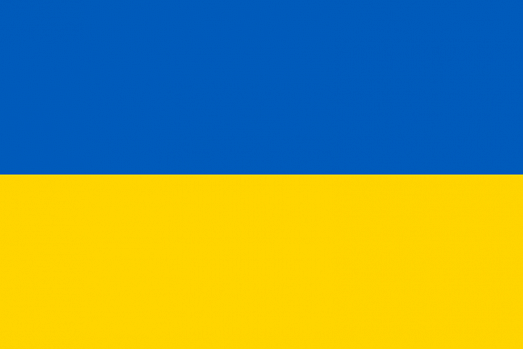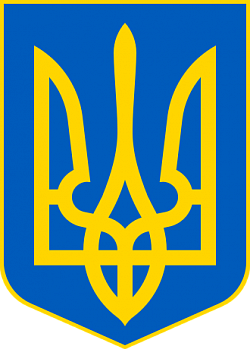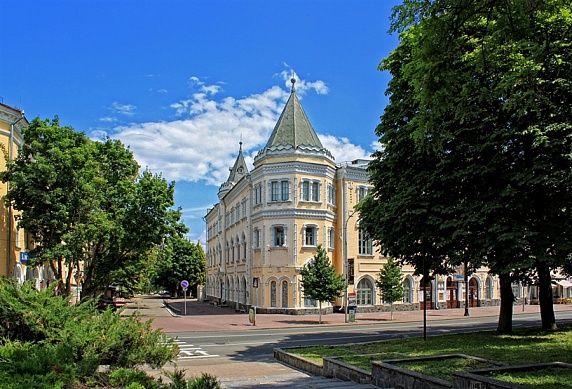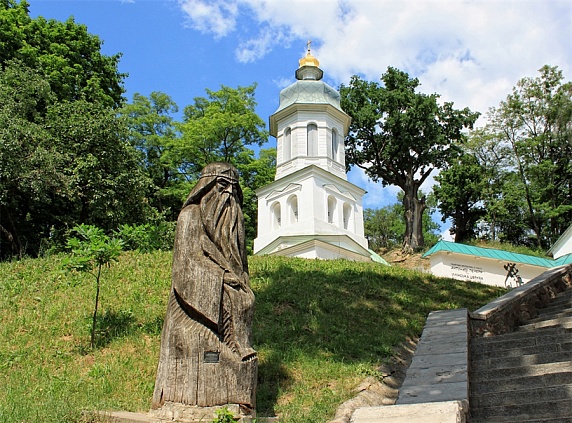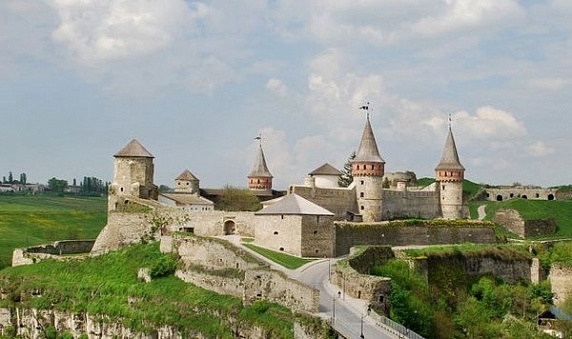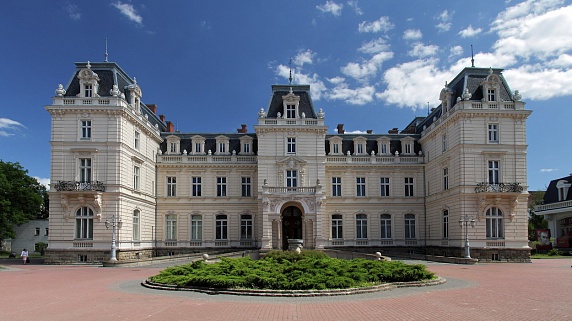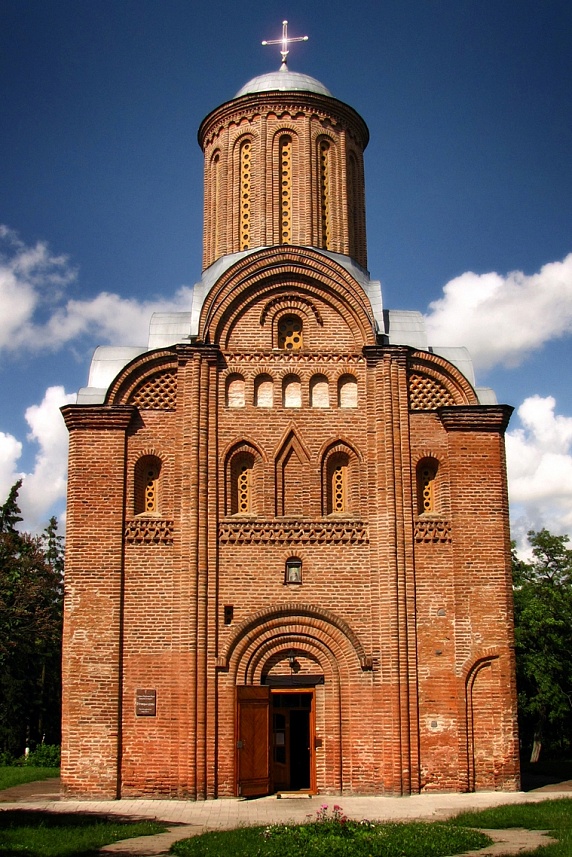 Ucrania
Ucrania
Comment by the Information and Press Department on the sixth anniversary of the armed coup in Ukraine
Six years ago, we all witnessed the tragic events in the centre of Kiev. They reached a peak with the bloody coup that shook the entire country, led to Crimea’s secession from Ukraine, and the still ongoing armed conflict in Donbass. Ukraine was hit by a large-scale system-wide crisis. To a great extent, it was provoked and actively supported by Western countries, primarily the United States. Everything that happened in Ukraine later can only be described as endless political chaos, lawlessness and rampant ultra-nationalism. Active attempts to distort the truth and conceal the facts behind groundless accusations were made at the same time. However, one cannot run from the truth. It cannot be concealed. Sooner or later it will become public.
At the end of last year, a scandal broke out in Ukraine over materials that exposed the forged lists of Maidan victims, heroes of the so-called Celestial Hundred. These materials were published by former Justice Minister Yelena Lukash. It transpired that some people on the lists died because of health problems, and not even in Kiev, rather than from bullet wounds.
Michael Caputo’s documentary “The Ukraine Hoax: Impeachment, Biden Cash, Mass Murder” was shown in the United States the other day. It describes in detail the string-pullers of the so-called “revolution of dignity” and its underside. The Ukrainian authorities have already rushed to ban its demonstration and dissemination in social media. The same was done with other films on unknown Maidan events – the Italian film “The Hidden Truth about Ukraine” exposing Georgian snipers and Oliver Stone’s “Ukraine on Fire.”
An unbiased investigation of all aspects of the tragedy could throw light on the sad events of February 2014. But those who came to power by overthrowing legitimate President Viktor Yanukovych had things to conceal. They immediately started destroying the evidence and creating myths about a “popular uprising.”
Earlier, on February 21, 2014, having just signed the agreement with Yanukovych, with German, French and Polish mediation, the Maidan victors actually trampled down this document. The implementation of this document could have brought about the prospects for reaching a peaceful settlement and overcoming the crisis. But instead of looking for compromise and forming a government of national unity, the then opposition preferred to take a path of confrontation and violence. All this was taking place with the tacit approval of the European guarantors of the said agreement. Eventually these Western “peacemaking” efforts had serious consequences for Ukraine. They are all well known.
At the presidential and parliamentary elections last year, Ukrainian voters expressed their opinion on the rule of the Maidan authorities with a vote of no-confidence. They voted for positive change. The new leaders of the country correctly grasped the attitudes of society, but they remain unable to offer an alternative and are actually continuing the failed policy of their predecessors.
Many people in Ukraine hoped that active and deep reforms would soon allow them to make up for lost time, but their expectations did not materialise. No miracle happened. Any change happens so slowly that it almost looks like an imitation. There is no real progress in the anti-corruption struggle. Ukraine has undergone de-industrialisation. Impoverishment and social stratification continue. The country’s population is in decline. Populism is playing a dominant role in economic policy. As a result, in six years Ukraine has turned from a generally affluent state into one of Europe’s poorest countries. And its degradation continues. If Maidan’s main slogan was to expedite Euro-integration, we only see that the results speak for themselves. Neither the EU nor NATO is waiting for Ukraine.
Large-scale violations of human rights and freedoms and discrimination against its citizens on ethnic or linguistic grounds are becoming common for Ukraine. Many independent Ukrainian journalists and media outlets are being harassed. A merciless war against the country’s heroic past has been launched under the slogan of “de-communisation.” Its history is crudely distorted and falsified.
The people are becoming tired of all this. Disappointment and apathy are growing. This is a breeding ground for cultivating the ideas of neo-Nazism, xenophobia and anti-Semitism. Nationalists have become the real masters of the country. Having come to believe in their impunity, they are dictating their terms to the authorities and give a tough response to official Kiev’s steps at home and abroad when they do not satisfy their claims. This situation is giving rise to serious doubt in the ability of the current national leaders to fulfil their election promises to stop the war in Donbass and overcome the existing split in society.
It is obvious today that the 2014 Maidan events have not brought anything positive to Ukraine but have merely aggravated the existing problems. To resolve them it is necessary to give up the struggle against fictitious enemies and start the process of creation. If Kiev continues its confrontational policy, Ukraine will inevitably destroy itself.
